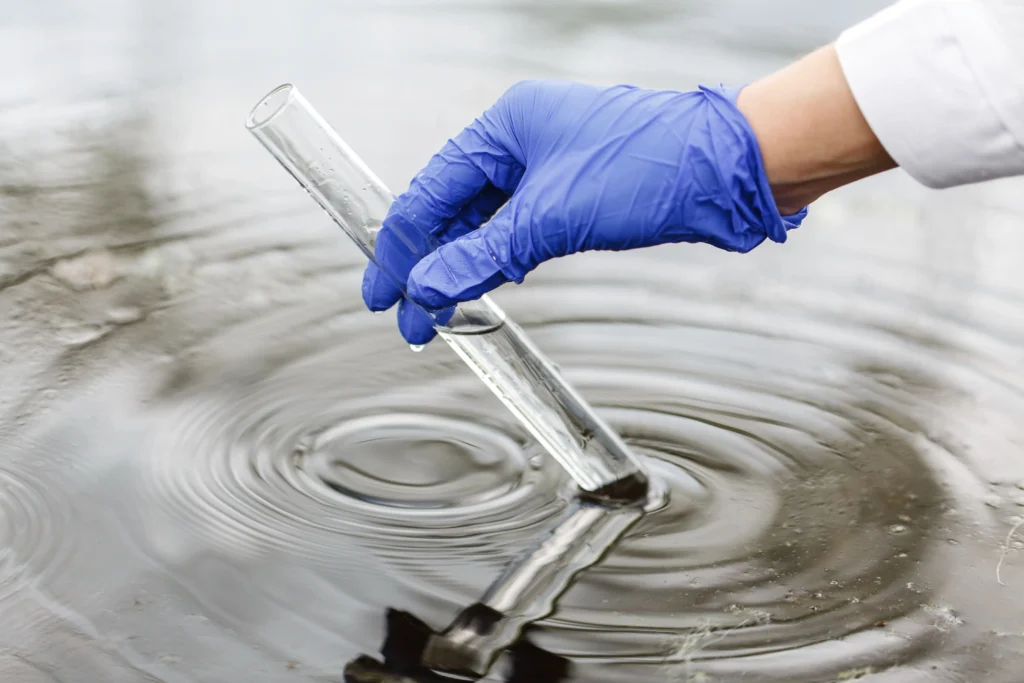Water is an essential resource for life, and ensuring its safety and accessibility is crucial for public health. In Ernakulam, where urban expansion and industrialization are rapidly growing, maintaining water source quality and implementing sustainable practices for water consumption are vital for long-term water security. This article explores key aspects of water supply safety and strategies to guarantee clean and accessible water for all.
Importance of Water Source Quality
The foundation of safe drinking water lies in the quality of the source. Lakes, rivers, and groundwater reserves in Ernakulam face threats from pollution, industrial waste, and agricultural runoff. Implementing strict regulations and conservation measures can help protect these sources. Regular testing and assessment of water source quality ensure that harmful contaminants like heavy metals, pesticides, and bacteria are kept at bay.
Water Treatment for Purity
Effective water treatment is essential to remove contaminants and pathogens before water reaches consumers. Modern treatment plants in Ernakulam employ filtration, chlorination, and reverse osmosis methods to ensure potable water. Investing in advanced treatment technologies and upgrading existing facilities can further enhance water supply safety and quality.
Efficient Distribution and Storage
A robust distribution and storage system plays a key role in maintaining water quality. Properly maintained pipelines, leak detection systems, and hygienic storage facilities help prevent contamination. Additionally, implementing smart monitoring systems can track water pressure and detect irregularities, ensuring a steady and safe supply to households and businesses.
Monitoring and Surveillance
Continuous monitoring and surveillance of water supply systems help in early detection of potential hazards. Regular sampling and testing conducted by water authorities in Ernakulam can help identify microbial or chemical contamination. Transparency in reporting water quality data builds public trust and promotes awareness about safe water consumption.
Addressing Climate Change and Water Safety
Addressing climate change is essential to securing future water supplies. Rising temperatures, unpredictable rainfall, and extreme weather events affect water availability and quality. Sustainable water management practices, such as rainwater harvesting, desalination, and groundwater recharge, can help mitigate these challenges and ensure a resilient water supply system.
Affordable and Equitable Access
Water should be a fundamental right, not a privilege. Ensuring affordable and equitable access to clean drinking water is crucial, particularly for marginalized communities in Ernakulam. Government policies, subsidies, and public-private partnerships can aid in providing clean water to all, regardless of socio-economic status.
Ensuring Safe Drinking Water at Home
Individuals play a vital role in ensuring safe drinking water at home. Using household filtration systems, boiling water when necessary, and maintaining clean storage containers can prevent contamination. Public awareness campaigns on proper water usage and hygiene practices can further contribute to household water supply safety.
Conclusion
Securing clean and accessible water requires a collaborative effort between authorities, communities, and individuals. By focusing on water source quality, treatment, distribution and storage, monitoring, and addressing climate change, we can ensure a sustainable and safe water supply in Kochi for present and future generations. Implementing these strategies will not only enhance public health but also promote environmental conservation and economic stability in the region.

